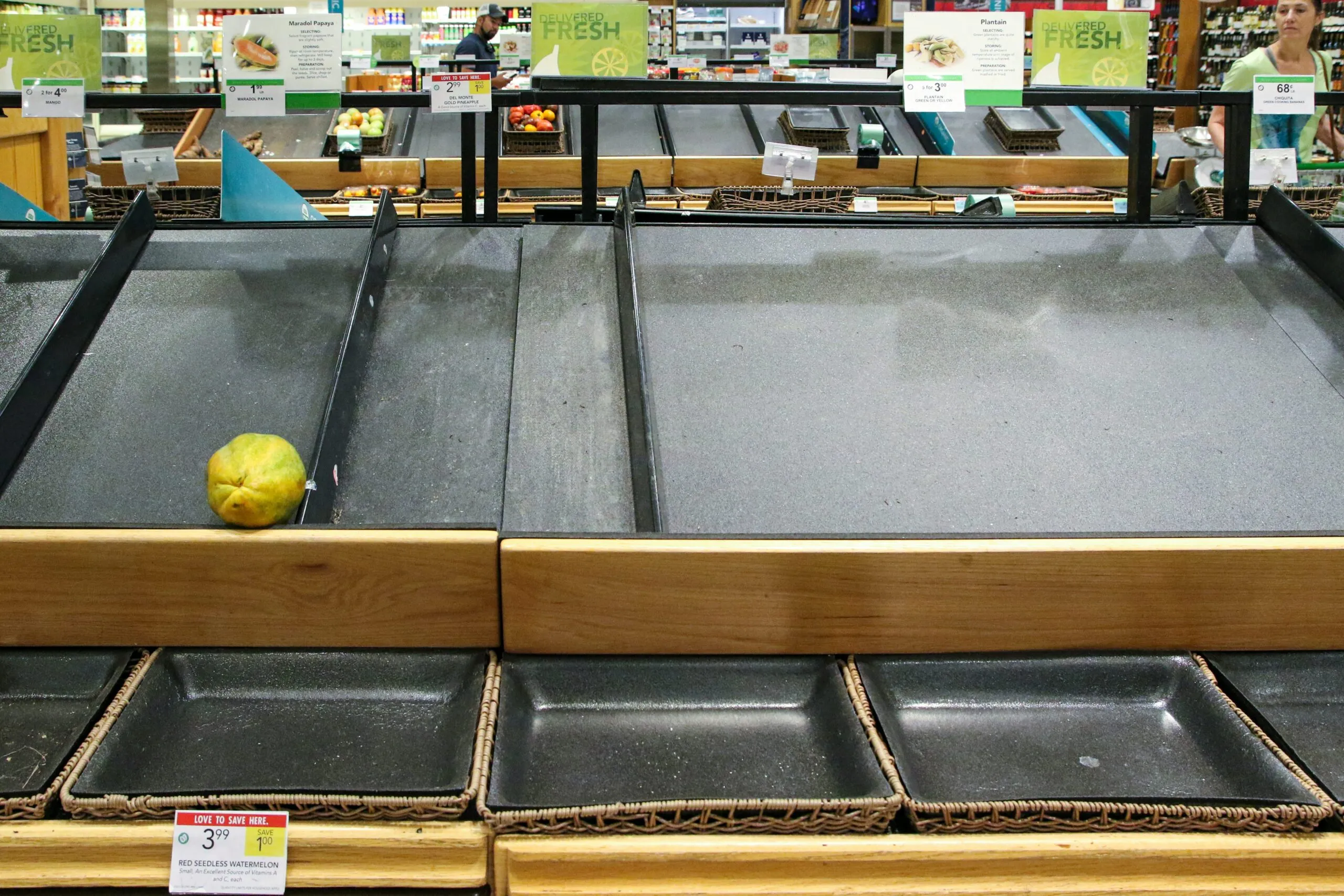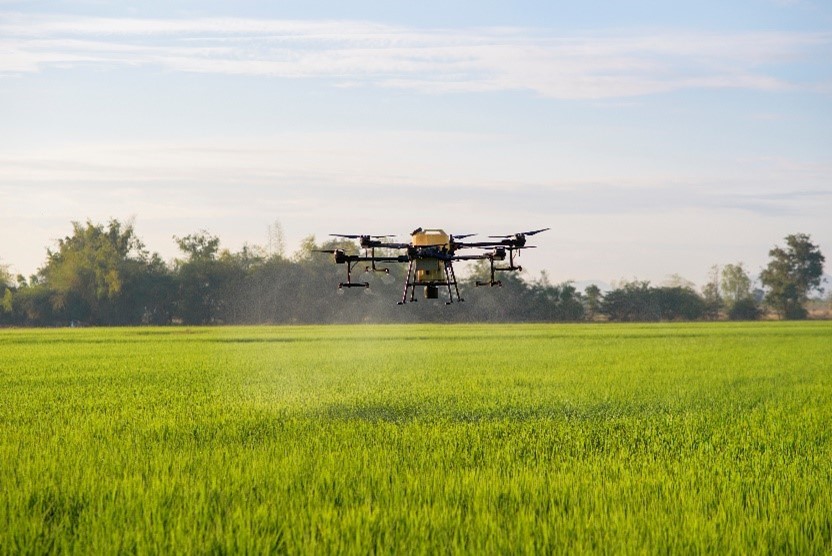Food Security: Top Challenges for Multinational Food Manufacturers

Food security is a multifaceted issue that encompasses the availability, access, utilisation, and stability of food supplies. For multinational food manufacturers, ensuring food security involves navigating a complex array of challenges that span from production to distribution. This article explores the key challenges faced by these.
Food security is a huge global challenge, so we are just highlighting some of the issues, with examples and how Strategic Allies (SAL) has worked with multinational food manufacturers on starting to address these challenges.
How Population Growth and Changing Diets is Challenging Food Security
The global population is projected to reach 10 billion by 2100, with a significant increase of two billion people by 2050. This growth, coupled with changing dietary preferences, particularly in developing countries, poses a substantial challenge. As people become more affluent, their diets shift towards more protein-rich foods like meat and dairy, which require more resources to produce compared to plant-based foods.
Multinational food manufacturers are implementing several strategies to address the challenges posed by population growth and changing diets including: looking at innovative food technologies such as bio-fermentation, precision fermentation, and cultivated meat; reduction of food loss and waste and adapting product offerings to reflect changing dietary patterns.
At Strategic Allies, we’ve been working with our clients on various projects including adapting product offerings to suit the expanding vegan food sector – check out the Case Study on improving meaty textures in plant-based foods.
Climate Change, Water Scarcity, and Soil Degradation, the Triple Threat to Agriculture
Climate change is drastically altering agricultural landscapes, leading to more frequent and severe weather events such as droughts, floods, and heatwaves, which reduce crop yields and limit arable land. For instance, the UK has seen dramatic price increases in food products like Olive Oil, Arborio Rice, and Chocolate due to recent poor harvests. Brazil and Bangladesh have experienced significant crop failures due to droughts, irregular rainfall, and flooding, respectively, affecting food security and export capabilities.
Water scarcity is another critical issue, with agriculture being the largest consumer of freshwater resources. Approximately 28% of agricultural land is in water-stressed regions, and the demand for water is expected to rise with population growth. Efficient water management and conservation techniques, such as water recycling systems and sustainable farming practices, are essential to sustain agricultural production.
Soil degradation and land use changes further compound these challenges. Over-farming and poor agricultural practices reduce soil fertility, while urban sprawl contributes to the loss of arable land. Farmers are adopting sustainable and regenerative farming methods, as well as land rehabilitation projects, to address these issues. However, these solutions will take time to implement and show results.
Strategic Allies have worked with clients both looking for innovative solutions to agricultural challenges and also those who are developing new technologies. Here are a couple of examples:
- Case Study – Identifying technology partners with solutions for controlling/managing weeds in large-scale organic farms.
- Technology Spotlight – Pherosyn is developing insect pheromones for sustainable pest management.

Supply Chain Disruptions and Their Effect on Global Food Security
Global trade plays a crucial role in food security by facilitating the movement of food between countries. However, disruptions in supply chains due to geopolitical tensions, trade policies, and logistical issues can lead to food shortages and price volatility. The war in Ukraine and the early impacts of climate change have highlighted the vulnerabilities in global food supply chains.
Multinational food manufacturers are implementing various strategies to address supply chain disruptions, ensuring resilience and continuity in their operations. Here are some key measures our clients are using: Diversification of suppliers to include suppliers from different geographies; reduce dependency on global supply chains by increasing local sourcing and production; Companies are focusing on sustainable and ethical sourcing to build more resilient supply chains, prioritising suppliers who use sustainable farming practices, ensuring long-term supply stability.
One strategy that is being considered is in-region manufacturing, reducing the need to transport goods.
Technological and Productivity Issues Impacting Food Security
Inefficient agricultural practices and the lack of technological adoption hinder productivity gains. While some countries have made strides in improving total factor productivity (TFP), others struggle with the dissemination of new technologies and the standardisation of practices. This gap in technological adoption affects the ability to sustainably meet the growing food demand.
Governments around the globe are implementing various initiatives to enhance the dissemination of new technologies and standardise farming practices. They are collaborating with non-governmental organisations to launch technology transfer projects, such as the Agriculture Technology Transfer Project in Northern Ghana, which aim to promote the adoption of new technologies among farmers. Additionally, governments are establishing policies and legal frameworks to support these efforts, as exemplified by the revised “Agricultural Technology Promotion Law” in China, which seeks to improve the dissemination of agricultural technologies and strengthen the agricultural technology promotion system.
Many large manufacturers are already looking at trying to make efficiencies, we recently worked with a large food manufacturer who wanted to simplify their manufacturing processes and increase capacity in their dry network without investing in additional capital. They needed expertise in reducing manufacturing complexity and access to professionals, consultants, and equipment manufacturers in the relevant fields.

The Importance of Food Safety and Quality in Future Food Security
Ensuring the safety and quality of food is another critical challenge. The global food supply chain is complex, and maintaining food safety standards across different regions is difficult. Issues such as foodborne illnesses, chemical contamination, and environmental pollutants pose significant risks to public health and food security.
Multi-national food manufacturers are implementing several strategies to ensure food safety and quality, including: compliance with regulatory standards such as those governing biotech crops and genetically modified ingredients; continuous improvement and quality assurance through regular audits and updates; use of advanced technologies and data analytics to monitor and control production parameters.
There are lots of examples we could give you here! One example we’ve seen reported recently highlights the levels of heavy metals, specifically lead and cadmium, in dark chocolate.
What next for Food Security?
Multi-national food manufacturers face a myriad of challenges in ensuring global food security. Addressing these challenges requires a multifaceted approach that includes improving agricultural productivity, adopting sustainable practices, enhancing supply chain resilience, and ensuring food safety. Collaboration between governments, international organisations, and the private sector is essential to develop and implement effective strategies to meet the growing food demand while protecting the environment and ensuring food security for all.
How Strategic Allies can help you with your Innovation Challenges
As an Open Innovation services company, Strategic Allies Ltd (SAL) has extensive experience in the global search for innovative technologies, solutions, products, strategic alliances and other new business-generating opportunities across all sectors. SAL works with a number of global food manufacturers and has undertaken Food Security projects with various themes including: finding technologies to enable food manufacturing efficiencies, identification of innovative meat alternatives, seeking creative weed control systems and discovering alternative crops.
If you’d like to find out more about how we can help you to explore and exploit new technologies and/or offer opportunities to differentiate your offerings, please get in touch with John Allies at john@strategicallies.co.uk